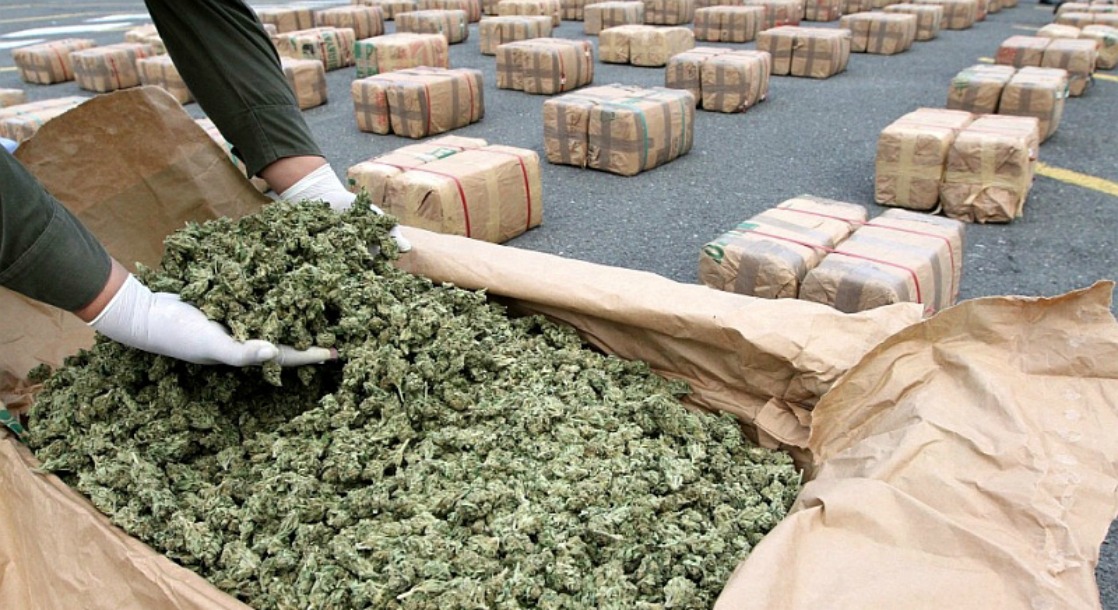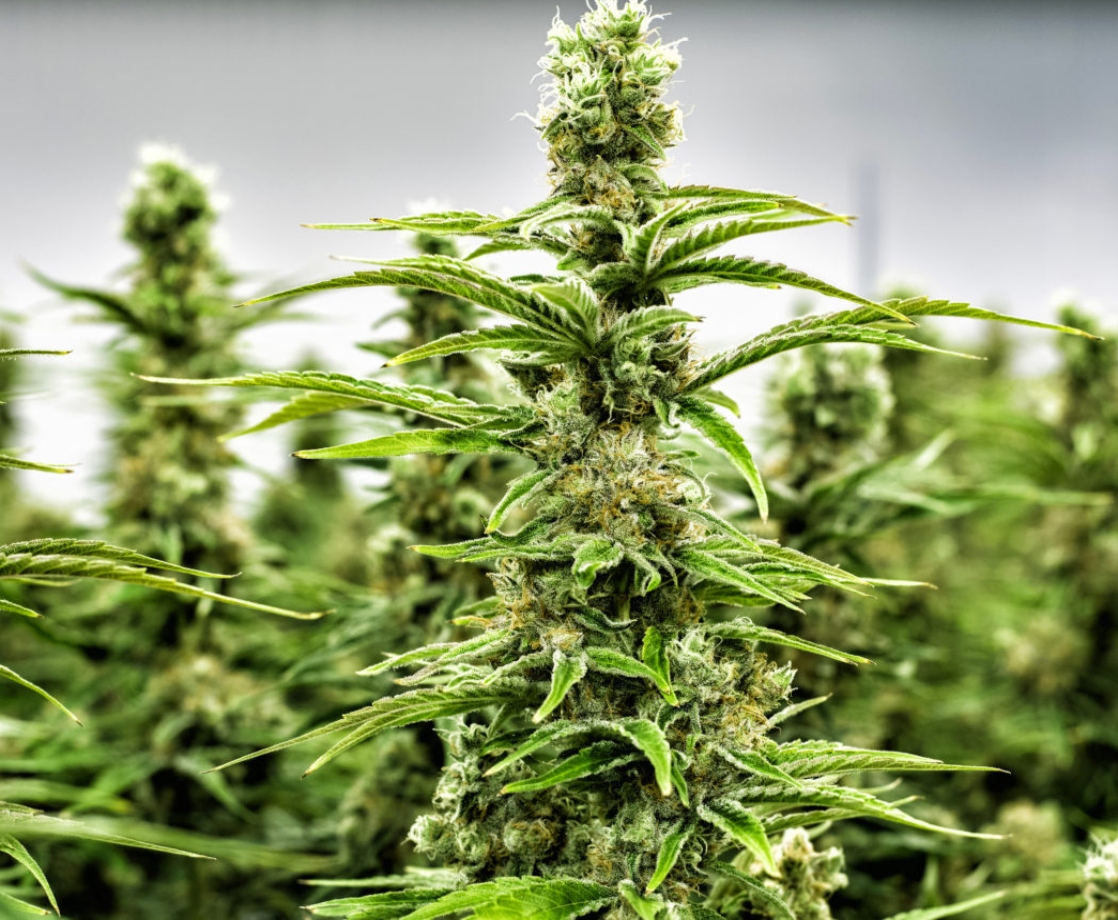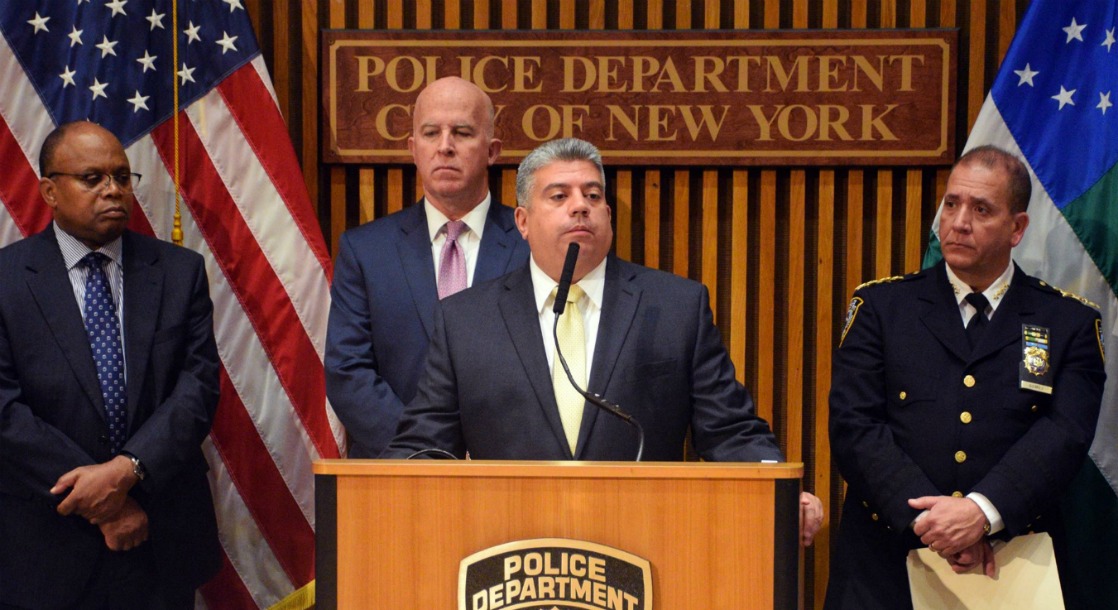A new report from the United States Sentencing Commission, a government agency responsible for promoting judicial transparency and reduce sentencing disparities, says that marijuana trafficking arrests have dropped significantly in the years since recreational legalization started taking hold across America.
In 2012, the same year that residents of Colorado and Washington voted to end cannabis prohibition, nearly 7,000 people were found guilty of trafficking weed. Now, with recreational use allowed in eight states and retail sales raking in millions of dollars, fewer and fewer people are ending up in jail for distributing dank. In 2016 there were only 3,381 marijuana trafficking convictions, a drop of over 50% since the same data was tallied four years prior.
And while 3,381 people wasting away in prison because of cannabis crimes is still far too many, a look at the Sentencing Commission’s regional data shows that a vast majority of the convictions are taking place in only four small regions of the country. Almost 75% of all 2016 marijuana trafficking convictions are taking place in Arizona, New Mexico and the Western and Southern districts of Texas. Coupled with demographic statistics that show 77.7% of those convicted were of Latinx descent, it can be assumed that most of last year’s trafficking arrests were not focused on homegrown bud.
In addition to a drop in convictions, the people that did spend time in prison for pushing pounds were incarcerated for, on average, a much shorter time than their peers arrested just four years earlier. Slightly over 50% of convicted cannabis traffickers were sentenced to less time than federal guidelines allow, with over 85% serving 5 years or less.
The drop in prisoners and time served is encouraging, but should be taken with a grain of salt, with the last set of statistics coming from 2016, when the Obama family still lived in the White House and Jeff Sessions wasn’t the nation’s top cop. Now, with Trump and Sessions looking to restart the full weight of the war on drugs and focus even more law enforcement on the country’s southern border, an increasingly progressive future is far from guaranteed.











